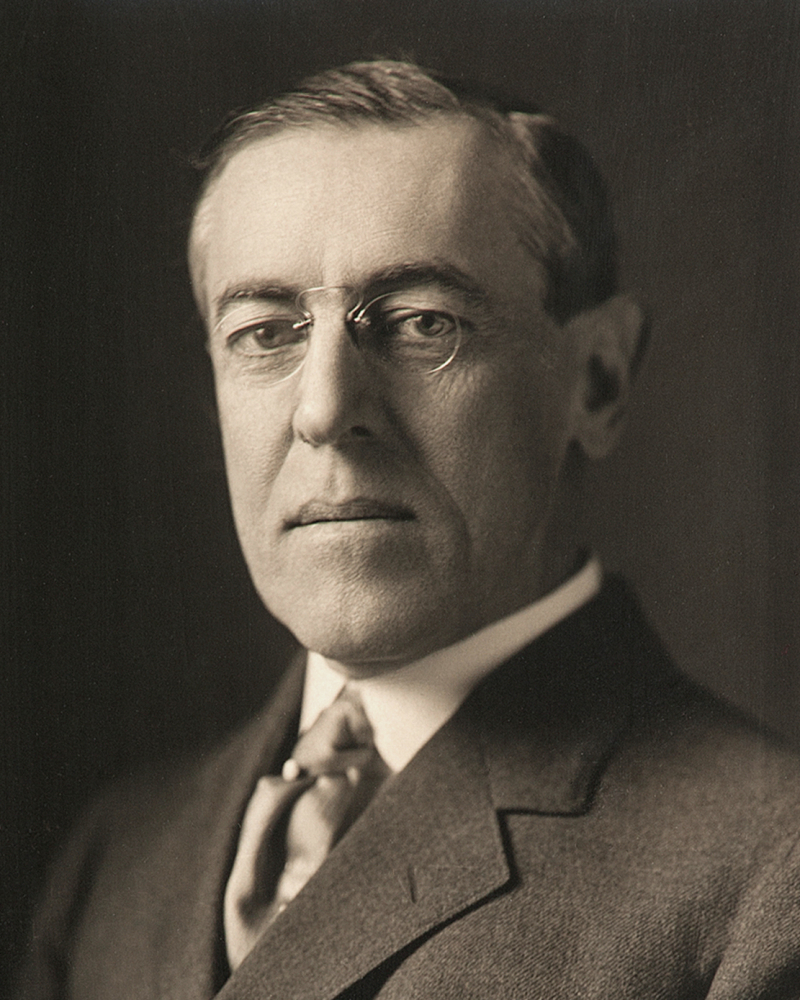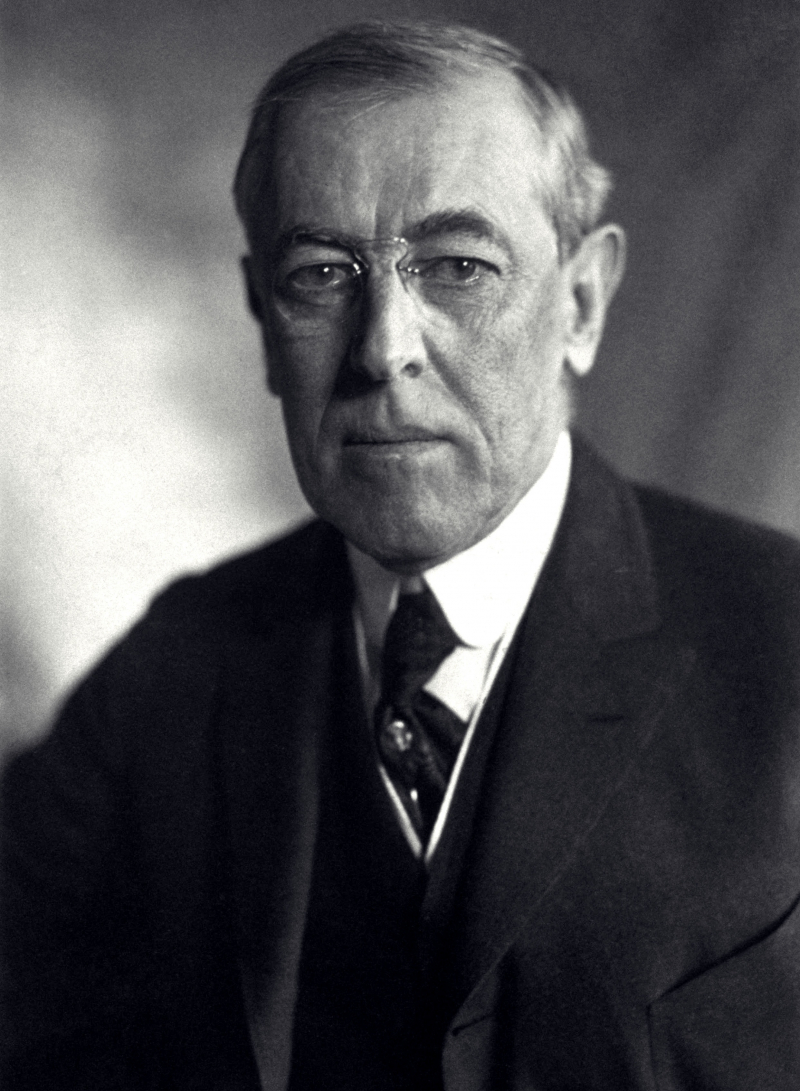He enacted two major laws: the Federal Trade Commission Act and the Clayton Antitrust Act
Another important accomplishment of Woodrow Wilson is that he enacted two major laws: the Federal Trade Commission Act and the Clayton Antitrust Act. To foster economic competition and oppose extreme corporate control, he passed two significant laws: the Federal Trade Commission Act and the Clayton Antitrust Act. The Federal Trade Commission Act of 1914, in particular, was a United States federal statute that established the Federal Trade Commission. The Act, signed into law by US President Woodrow Wilson in 1914, prohibits unfair competition and unfair acts or practices affecting business. The Clayton Antitrust Act of 1914 is a piece of US antitrust law that aims to bring more substance to the US antitrust law system by preventing anticompetitive practices in their initial stages. The Clayton Act outlined specific banned conduct, a three-tiered enforcement mechanism, exemptions, and corrective actions.
Wilson came to support legislation that would create a new agency, the Federal Trade Commission (FTC), to investigate antitrust violations and enforce antitrust laws independently of the Justice Department as the difficulty of prohibiting all anti-competitive practices through legislation became clear. The Federal Trade Commission Act of 1914, which incorporated Wilson's ideas about the FTC, was passed by Congress with bipartisan support. Wilson signed the Clayton Antitrust Act of 1914 one month after signing the Federal Trade Commission Act of 1914, which expanded on the Sherman Act by specifying and prohibiting certain anti-competitive behaviors.










